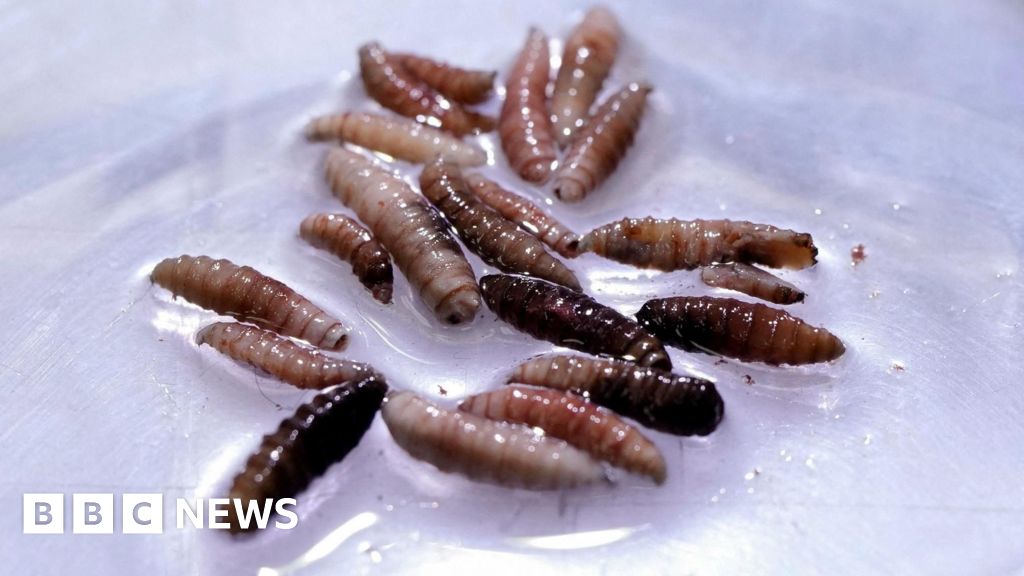ATLANTA (AP) — The key issue regarding COVID-19 vaccinations persists as CDC advisers convene once more, following a postponed vote on the vaccination status for newborns amidst growing confusion regarding access to shots.
Frustration echoes across various states as citizens strive to comprehend or validate their eligibility for the latest COVID-19 vaccines, especially while infection rates have escalated over the past month.
The FDA has imposed new criteria on the current vaccines from Pfizer, Moderna, and Novavax, restricting them primarily to individuals over 65 or those classified as high-risk. Subsequently, the CDC's advisory committee must define who qualifies, a decision impacting insurance coverage and the regulation of pharmacy administrations in different areas.
Concerns linger around whether the advisory panel, which has been critiqued for its stance on vaccination, will impose further restrictions.
“We’re anxiously awaiting what’s going to happen,” stated Dr. Phil Huang of the Dallas County health department, highlighting worries particularly for low-income families relying on government-funded health programs. He emphasized the confusion surrounding the current guidance.
At the center of deliberation is the recommendation on hepatitis B vaccination for newborns, which remains undecided following heated discussions on Thursday. The advisory panel had contemplated delaying the policy that mandates newborns receive this vaccine, a choice that many pediatricians and parents advocate for based on safety and effectiveness.
In response to the ongoing COVID-19 threat, it was noted that between 32,000 to 51,000 deadly cases occurred last winter, with unvaccinated infants and seniors being especially vulnerable. Leading health associations advocate for unrestricted vaccine availability to all individuals aged six months and older, including pregnant women, similar to previous years.
Several states are enacting measures to ensure equitable vaccine access regardless of the panel’s conclusions. Additionally, health insurers have pledged to continue covering these vaccines through 2026.



















